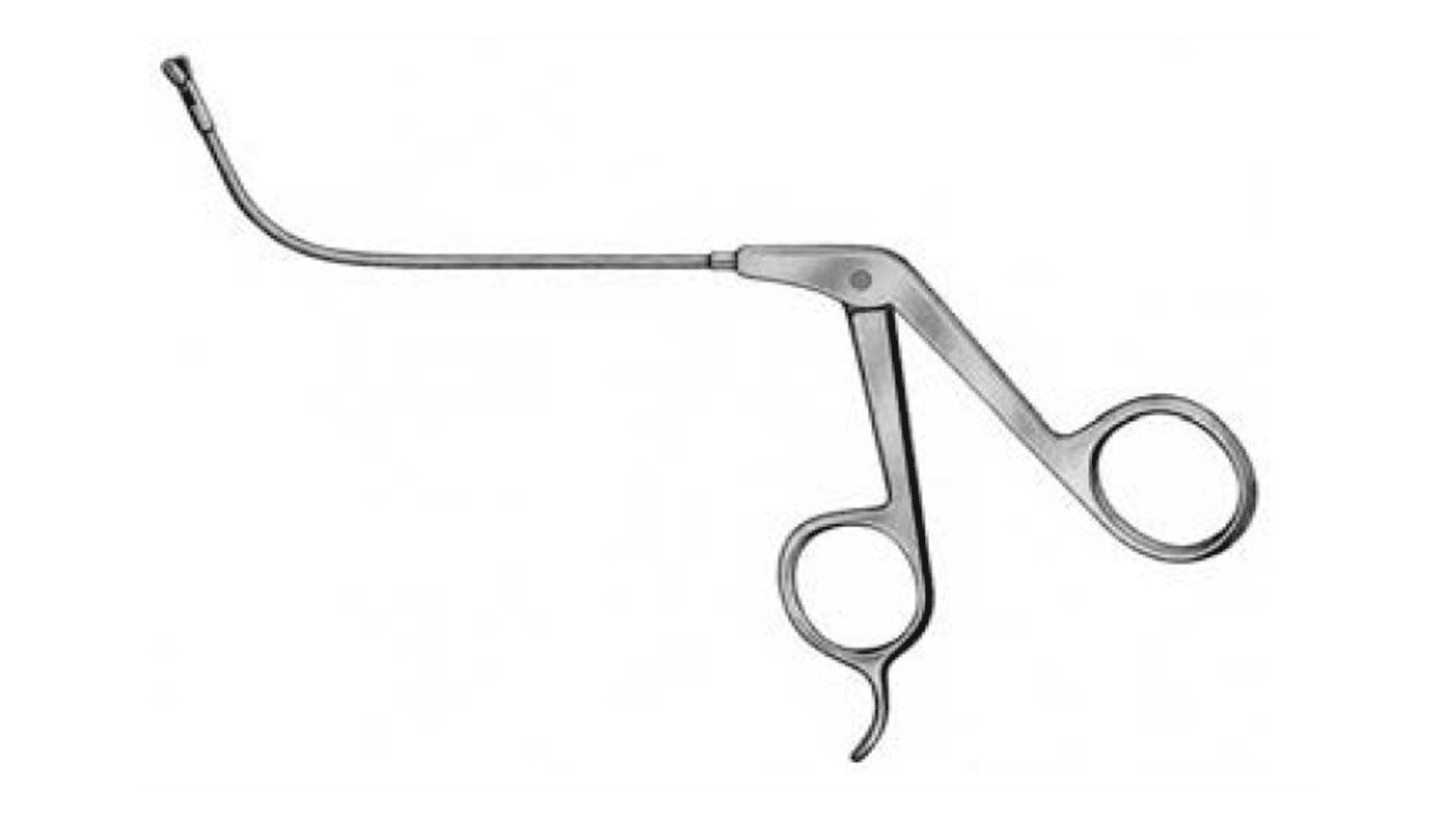

Here are some examples of the latest endoscopy technologies. Innovative techniques also combine endoscopy with imaging technology or surgical procedures. Newer generations of endoscopes use high-definition imaging to create images in incredible detail. Like most technologies, endoscopy is constantly advancing. What are the latest techniques in endoscopy technology? Upper gastrointestinal endoscopy, also known as an esophagogastroduodenoscopy Thoracoscopy, also known as a pleuroscopyĪrea between the lungs and the chest wall Rectum and the lower part of the large intestine, known as the sigmoid colon Otolaryngologist, also known as an ear, nose, and throat (ENT) doctor Through a small incision near the examined area Through a small incision near the examined joint You may want to plan for someone else to drive you home after the procedure because you might not feel well from the anesthesia.ĭoctors who typically perform the surgery You may need to stop taking certain medications if they might affect bleeding, especially anticoagulant or antiplatelet drugs. Also alert your doctor about any allergies you might have. Prior to the endoscopy, your doctor will do a physical examination and go over your complete medical history, including any prior surgeries.īe sure to tell your doctor about any medications you’re taking, including over-the-counter drugs and nutritional supplements. This is common in procedures involving the gastrointestinal (GI) tract and the anus. Your doctor may give you laxatives or enemas to use the night before the procedure to clear your system. Some types of clear liquids, such as water or juice, might be allowed for up to two hours before the procedure. Most types of endoscopy require you to stop eating solid foods for up to 12 hours before the procedure.
#Ent surgical instruments quiz how to
Your doctor will give you complete instructions on how to prepare. These tests may also help them determine if the problems can be treated without endoscopy or surgery. These tests will help your doctor gain a more accurate understanding of the possible cause of your symptoms. Your doctor will review your symptoms, perform a physical examination, and possibly order some blood tests prior to an endoscopy. unexplained bleeding in the digestive tract.inflammatory bowel diseases (IBD), such as ulcerative colitis (UC) and Crohn’s disease.Your doctor may order an endoscopy if you’re having symptoms of any of the following conditions: help your doctor see inside the body during a surgical procedure, such as repairing a stomach ulcer, or removing gallstones or tumors.remove a small sample of tissue, which can then be sent to a lab for further testing this is called an endoscopic biopsy.help your doctor determine the cause of any abnormal symptoms you’re having.A screen in the operating room lets the doctor see exactly what the endoscope sees. Endoscopy allows your doctor to visually examine an organ without having to make a large incision.


 0 kommentar(er)
0 kommentar(er)
